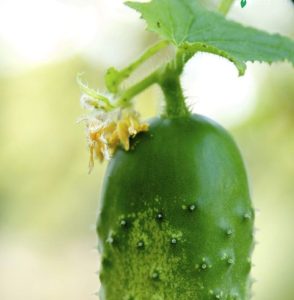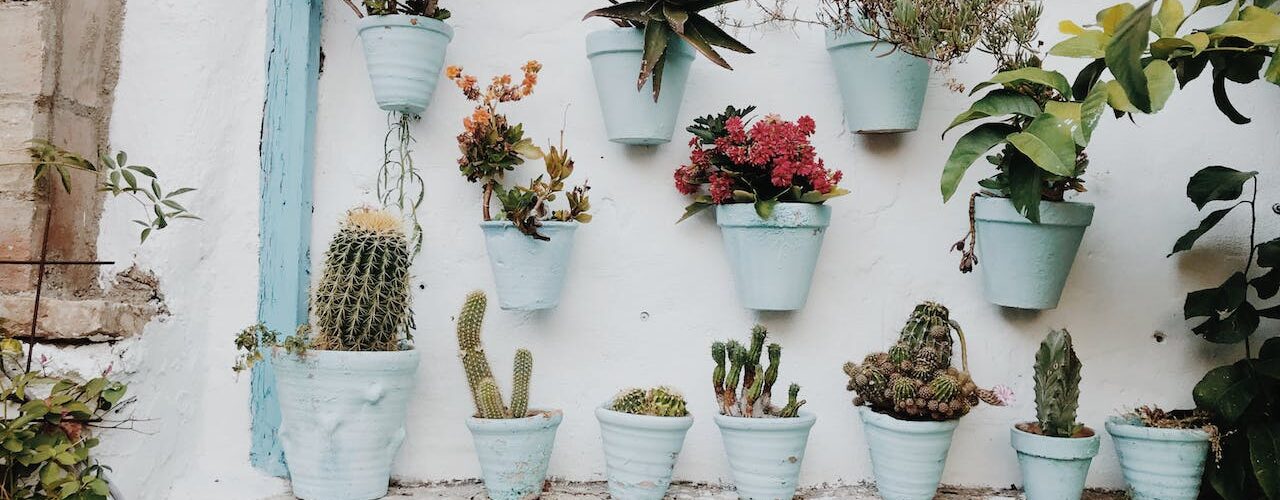Growing your organic garden has become popular in an age of sustainable and healthy living.
An organic garden not only becomes a source of nutritious, rich produce but also allows individuals to minimize their carbon footprint and adapt to a brighter future. With organic commodities being available at an exorbitant price, growing your food organically is a more feasible alternative.
If you are curious to learn how to grow your organic garden, stick to the end of the article as we share a comprehensive guide to aid in building your organic oasis.
Building the Garden
Planning

Before starting to build your garden, it is imperative to build upon a plan.
Draw a strategy emphasizing space availability, sun exposure, and accessibility to a water source. Consequently, you can research the plants that thrive well in your location and sketch the garden’s layout.
It is essential to choose a space that receives ample sunlight for at least six hours a day and has a sound drainage system. Waterlogging, especially for the growth of organic foods, can become a source of hindrance, rotting roots, withering leaves, or developing microbes harmful to the plant’s sustenance.
If your house has limited space, like a balcony or a terrace, we have provided some details below.
Prepare the soil
Once the layout of your garden is prepared, it is time to prepare the soil.
Healthy soil builds the foundation for a thriving organic garden. Remove debris and weeds from the planting space. If possible, check the soil’s pH before planting the seeds. Many pH testing machines are available online.
You can also add compost, aged manure, or leaf mulch to nourish the soil further and make it suitable for the growth of your samplings. Compost is best suited for building a home garden as it provides all the required nutrients for the healthy development of your plants. You can buy organic compost online or do a DIY at home.
You can read more about the benefits of composting here.
Choosing the seedlings
It is imperative to select high-quality organic seedlings suitable for your location. You should avoid genetically modified seedlings, heirlooms, or open-pollinated sapling species. Purchase organic seeds from a reputable source.
Planting the garden
Adhere to the instructions on the seedling packets as you plant your garden. You should plant the seeds at the recommended depth and water them gently once planted. If you are transplanting seedlings, be cautious during the activity to ensure roots are not damaged during the process.
Watering Plants
Watering the planted seeds and seedlings methodically is essential to aid them in establishing themselves in the soil. However, make sure you are watering wisely. Do not overwater, as it can cause the root to rot. Allow the soil to dry slightly between waterings.
You can incorporate a drip irrigation system or soaker hose to ensure the water reaches the root directly and reduces evaporation. You can also practice crop rotation to limit disease development and prevent the leaching of nutrients from the soil.
Additionally, water the plants with used water, such as dirty water from floor mopping, water after washing fruits and vegetables, or the water you collect after a shower. Watch this short video, which Change Started made on conserving water and using it for watering plants.
Use of organic pesticides
One of the critical advantages of organic gardening includes minimizing the use of synthetic pesticides and herbicides. You can initiate companion planting, which provides for growing specific plants that enable pests to be deterred and instead attract beneficial insects.
You can also use the traditional methods of handpicking, insecticidal soaps, and organic mulches to keep the pests at bay. Organic mulches include straw, wood chips, shredded leaves, and grass clippings.
The application of organic mulch provides a plethora of benefits. Mulch helps retain moisture, regulates soil temperature, and suppresses weed growth in your garden. While applying a uniform layer around the plants, leave a small gap around the stem to ensure the planting does not wither off due to rotting.
Maintaining soil health
It is essential to monitor soil health regularly and adjust when necessary. You can conduct soil tests periodically to assess nutrient levels and pH.
Tips for Organic Gardening
Organic gardens can be overwhelming, especially if you are a new gardener. To streamline your gardening journey, here are a few tips that can help you grow your organic garden.
- Ensure your saplings receive at least eight hours of sunlight daily; shade throughout the day can hinder plant growth.
- Do not start gardening in a large space; always opt for a smaller field if you are learning how to start your organic garden. Concentrating your efforts on a small area will enable you to produce high yield.
- Invest in growing fruits and vegetables that you enjoy consuming. If you do not consume the crops being grown, then it defeats the purpose of organic farming.
- Choosing the right variety of seedlings and seeds for your garden is essential. Make sure to choose variants suitable for your geographical conditions.
- A reliable water source is essential to boost the growth of your organic garden.
Tips to Grow Your Organic Gardens in Small Spaces
People are becoming more aware of organic food and its underlying benefits. However, clustered urban settlements make it difficult to have a proper organic garden. To make it easier to grow organic food in small spaces like balconies or small terraces, here are a few tips
- Since your growing space will include balconies or patios, avoid big plants like watermelons or pumpkins that take up much space. Instead, go for smaller plants like lettuce, tomatoes, herbs, or other varieties of vegetables. If you are a beginner, do not go for various plants initially. You can either opt for herbs or peppers and then move on to plants that require extra care and skills. Here is a list of vegetables you can easily grow at home.
- Make sure your plant receives ample sunlight.
- To aid plant growth, mix good-quality potting soil with compost using the 1:1:1 thumb rule of compost, cocopeat, and garden or potting soil.
- Use hanging baskets or plastic/glazed ceramic containers to build your garden on balconies or patios without taking up much space. You can use bottles or containers to pot your plants. You can also start vertical gardening. This method not only helps you grow your organic garden but will also add an aesthetic touch to your abode.
As your garden grows, you will soon reap the benefits of your fresh produce. Growing organically produced food is an excellent progression towards leading a healthy future.
By nurturing the health of the soil and embracing health, we cultivate fresh and nutritious produce and minimize our impact on the environment.
Additional Reading
Rainforest Plants for Your Home
What is Composting and its benefits?






Add comment